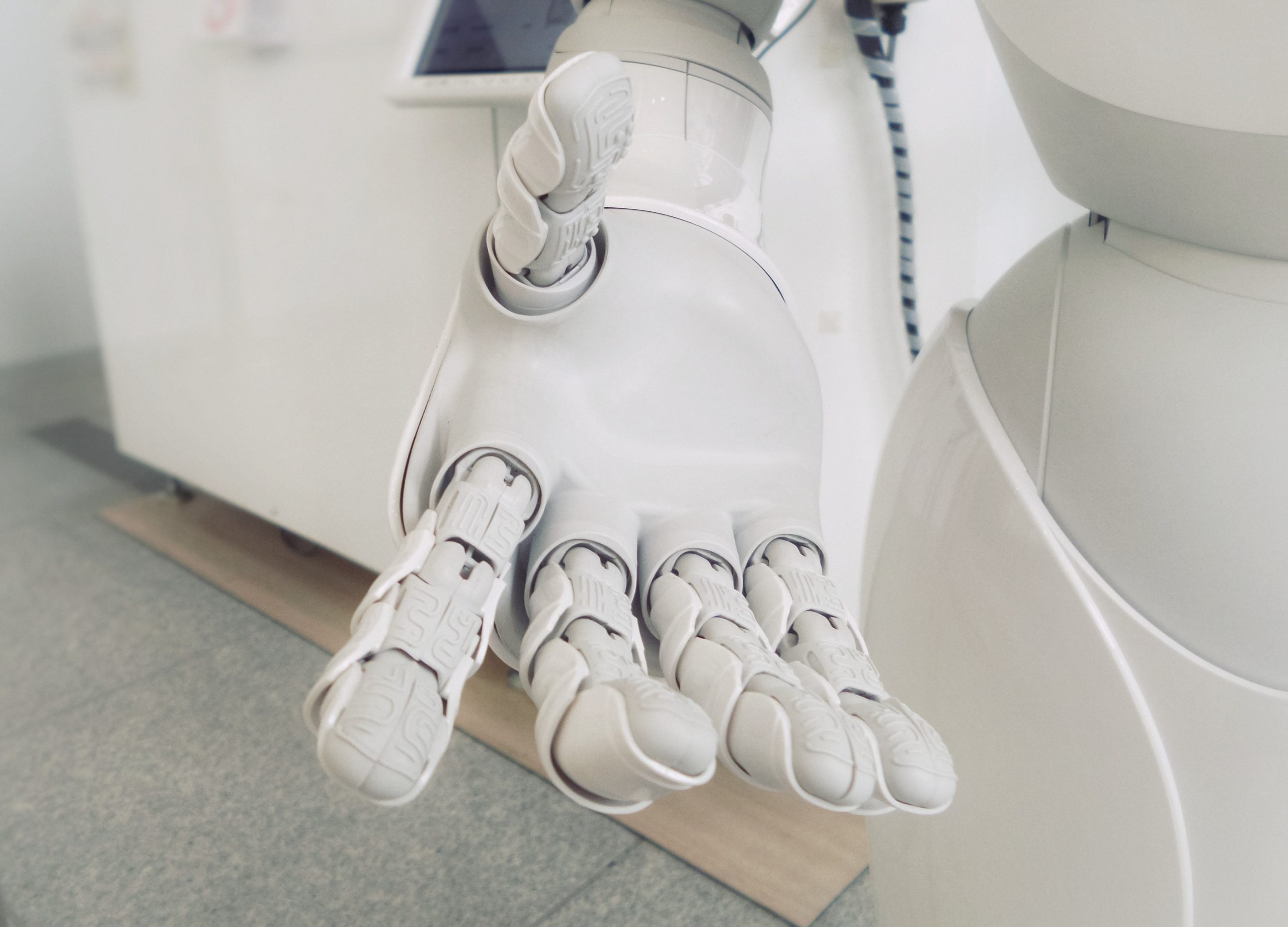Artificial intelligence (AI) has the potential to profoundly transform the HR industry. A recent survey of leaders conducted by Eightfold AI in their report “The Future of Work: Intelligent by Design”, revealed that AI was being widely implemented in core HR functions.
Over three-quarters of respondents indicated they currently utilise AI for tasks like managing employee records and administering payroll and benefits. Approximately 70-75 percent reported adopting AI for recruiting, hiring, performance management, and onboarding processes. A vast majority of 92 percent said they intended to increase their AI use in one or more areas of HR.
This data highlights how AI has shifted from an emerging trend to an integral component of HR operations at leading organisations today.
AI technologies can be used to automate time-consuming administrative tasks such as resumé screening, skills testing, video interviews, and other candidate assessments to ensure that hiring practices are more efficient.
Predictive analytics powered by AI can analyse past data on factors like performance and engagement to identify risky profiles, high-potential employees, and development opportunities.
HR chatbots provide instant answers to common employee questions about policies, benefits, time off requests, and more. AI-driven learning platforms could use machine learning to tailor training content and recommendations to each employee’s strengths, needs, and goals for more effective skill development.
AI could also be a useful resource for monitoring anonymous employee feedback or messages on internal platforms to review engagement, satisfaction, and concerns in real time.
In overview, these paths for implementing AI could lead to more proactive, efficient, personalised management.
While some might see it as a threatening development, in HR the increased use of AI tools enables professionals to focus on more strategic human-centered work, as empathy is not yet manageable for AIs.
No longer restricted by time-consuming performance tracking and retention tasks, future HR will take on a more holistic approach to supporting employees throughout their careers. Onboarding will become a more immersive process, giving new hires a comprehensive sense of purpose and community from day one.
The key is to balance technology with humanity. At NEOMA Business School, we advise HR leaders to embrace the potential of AI thoughtfully and transparently. It is important to have ongoing discussions with employees about how technology can augment human abilities.
AI can and should be implemented ethically, with a focus on developing people rather than replacing them. The human element remains critical in HR. If done right, AI can free HR to create the kinds of personalised, human experiences that the future of work demands.
Given recent trends such as the shift to remote and hybrid work, the war for talent, and the focus on diversity, equity, and inclusion, this more holistic approach to HR is essential.
AI technology is already transforming millions of jobs worldwide. Goldman Sachs estimates that 25 percent of tasks in jobs, and up to 46 percent of tasks in office and administrative support roles specifically, are automated by AI.
Its successful implementation in HR practices could be the catalyst we need to create a more, not less, human approach to addressing employees’ needs and concerns.









